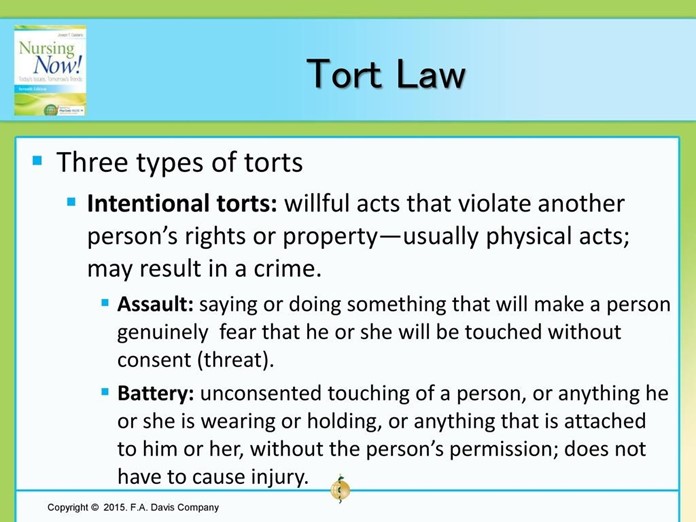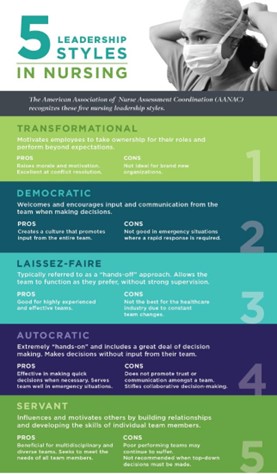A nurse is preparing to perform a urinary catheterization to obtain a urine specimen for a client. The client tells the nurse that she is concerned about her privacy during the procedure. Which of the following actions should the nurse take to alleviate the client's concern?
Explain the procedure to the client.
Gather the equipment necessary before starting the procedure.
Obtain assistance so the client does not become resistant to the procedure.
Close the door and cover the client during the procedure.
The Correct Answer is D
If a client is concerned about her privacy during a urinary catheterization procedure, the nurse should close the door and cover the client during the procedure. This action helps to maintain the client's privacy and dignity.
Option A may also be helpful in alleviating the client's concern by providing information about the procedure.
Option B may also be helpful in ensuring that the procedure is performed efficiently.
Option C may not be necessary if the client is not resistant to the procedure.

Nursing Test Bank
Naxlex Comprehensive Predictor Exams
Related Questions
Correct Answer is ["C","D","F"]
Explanation
Situations that can lead to a tort against a nurse include repeating a rumor about a patient's personal life in a staff meeting, telling friends something unusual about a patient that was noted in the patient's chart, and forcing a patient to take medication against their will. These actions can result in legal action against the nurse for invasion of privacy or battery.
Option A is incorrect because referring a stranger to the patient or their family for details regarding the patient is an appropriate action.
Option Bis incorrect because respecting a patient's right to refuse treatment on religious grounds is an appropriate action.
Option Eis incorrect because placing an alarm on the bed of a patient prone to falling is an appropriate action to ensure their safety.

Correct Answer is A
Explanation
The nurse is planning to use a democratic leadership style when conducting an in-service that encourages active member participation and feedback about decreasing nosocomial infections on the unit. A democratic leader values the input and opinions of team members and encourages participation and collaboration in decision-making. By encouraging active participation and feedback from team members, the nurse is demonstrating a democratic approach to leadership.
The other options are not the leadership style that the nurse plans to use in this situation. A laissez-faire leader [b] takes a hands-on approach and allows team members to make their own decisions without providing guidance or direction. An autocratic leader [c] makes decisions unilaterally without seeking input or feedback from team members. An open-door leader [d] maintains an open-door policy and is accessible to team members, but this does not necessarily involve active participation and feedback from team members.

Whether you are a student looking to ace your exams or a practicing nurse seeking to enhance your expertise , our nursing education contents will empower you with the confidence and competence to make a difference in the lives of patients and become a respected leader in the healthcare field.
Visit Naxlex, invest in your future and unlock endless possibilities with our unparalleled nursing education contents today
Report Wrong Answer on the Current Question
Do you disagree with the answer? If yes, what is your expected answer? Explain.
Kindly be descriptive with the issue you are facing.
